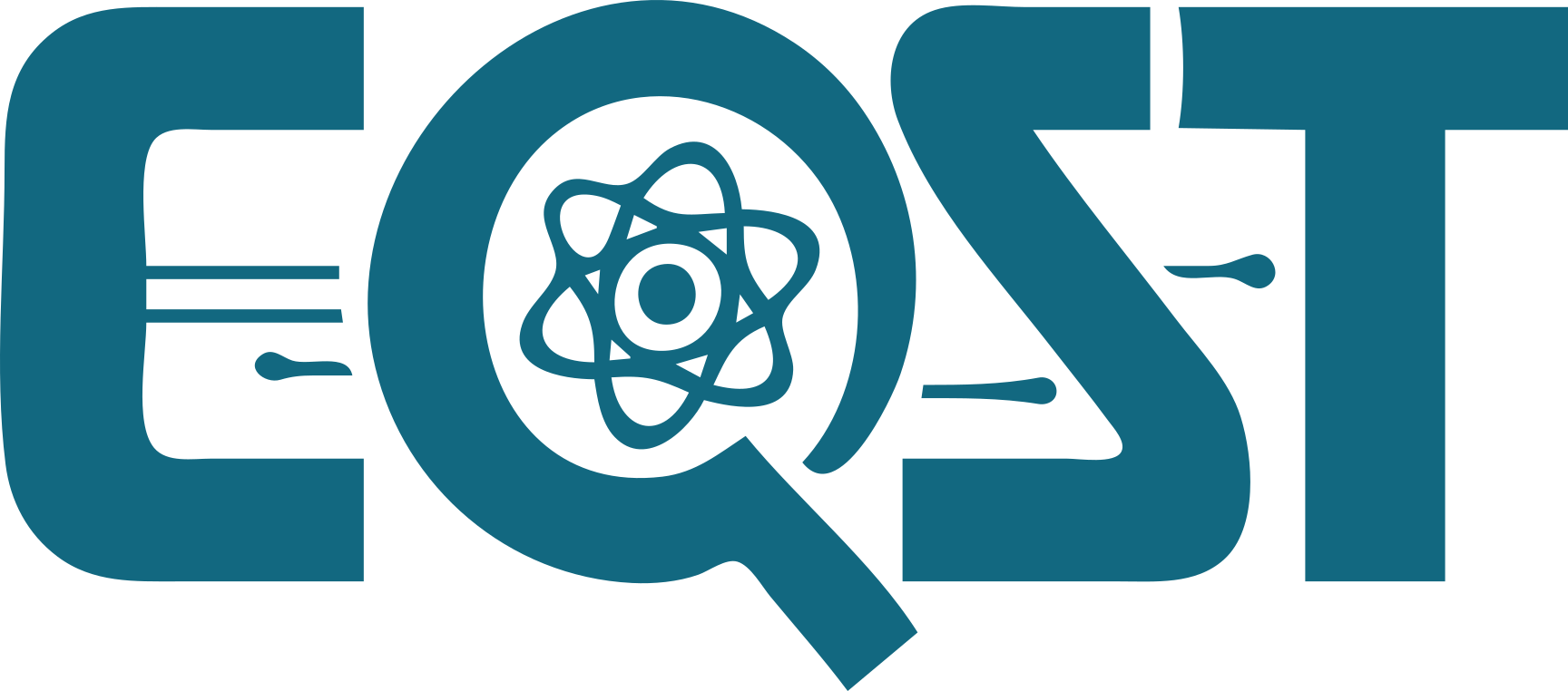Programmes
Dual Degree
This program enables students to acquire two degrees—B.Tech. (Honours) and Master of Science after successfully defending Master of Science thesis. The typical duration for dual degree programmes is five years. Students undertake extra courses and specialise during their first four years of study. This prepares them to conduct research towards their Master of Science thesis in the fifth year. These students are predominantly offered dual degrees in either Computer Science and Engineering (CSE) or Computational Natural Science (CNS).
MS
It is a research-oriented Masters’ programme, normally lasting two years and culminates in a thesis defence. Master of Science is offered in various disciplines. Students can conduct their thesis work under the supervision of CQST faculty and can work on research problems under the broader theme of Quantum Science and Technology. Students working with us get MS degrees in the disciplines of Computer Science and Engineering (CSE) and Computational Natural Sciences (CNS).
PhD
This programme is primarily focussed on carrying out research culminating in a doctoral dissertation. After the area is chosen for research, students are required to complete coursework and clear the qualifiers. After meeting these requirements and getting their research proposal accepted, students formally begin work on their doctoral thesis. CQST students are awarded PhDs in either Computer Science and Engineering (CSE) or Computational Natural Science (CNS).
Courses
Quantum Algorithms
CS1.409Shantanay Chakraborty
This elective course on Quantum Algorithms is designed for senior undergraduate and dual-degree students in computer science, as well as MS and PhD students. It introduces foundational quantum algorithms, including the Deutsch-Jozsa, Simon’s, and Shor’s algorithms, as well as Grover’s algorithm and quantum amplitude amplification and estimation. The course also explores state-of-the-art techniques such as block encodings and Quantum Singular Value Transformation (QSVT), along with their applications in Hamiltonian simulation and quantum linear algebra. Finally, students study algorithms in alternative quantum computational models, including adiabatic quantum computing and quantum walks, providing a broad perspective on quantum algorithm design and implementation.
Quantum Aspects of Cryptography
CS1.505Atul Singh Arora
This course starts by quickly reviewing the basics of quantum information, and modern (classical) cryptography. It then covers various exciting topics in quantum cryptography—many of which have only recently been discovered. Last time, we looked at non-locality (entanglement, Bell’s theorem), certified deletion, uncloneable encryption (in the random oracle model), Haar measures, commitments from pseudorandom states, cryptography using assumptions potentially weaker than P≠NP, self-testing and verification. This barely scratches the surface and subsequent iterations of the course are likely to have a different selection of topics. The exams in this course do not have a strict upper limit on the time, and students are allowed to carry one piece of paper with handwritten notes. Assessments focus on testing understanding as opposed to memory and other factors.
Entropy and Information
CS1.407Indranil Chakrabarty
Quantum Information Theory
CS1.504Siddhartha Das
Introduction to Quantum Information and Computation (H1)
CS9.312Uttam Singh
Open Quantum Systems and Quantum Thermodynamics
SC1.310Samyadeb Bhattacharya
Continuous Variable Quantum Information Theory and Computation
MA7.501Uttam Singh

